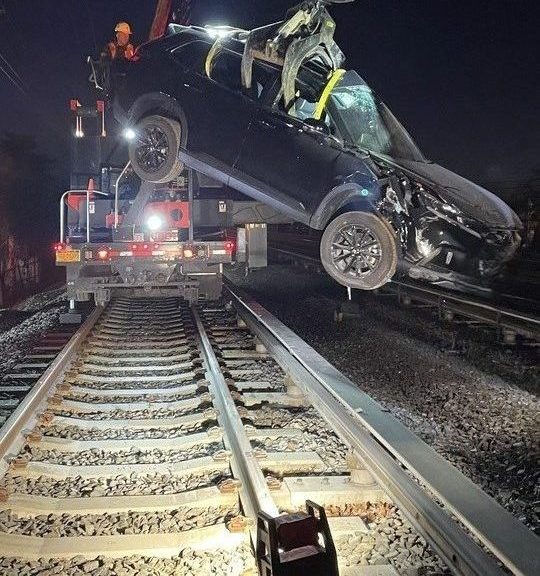This spring, the Drug Enforcement Administration and its national and community partners will give the public another opportunity to prevent pill abuse and theft by ridding their homes of potentially dangerous expired, unused, and unwanted prescription drugs. On Saturday, April 30, from 10 a.m. to 2 p.m. local time, DEA and its partners will hold their second National Prescription Drug Take-Back Day in Floral Park and at sites nationwide. The service is free and anonymous, no questions asked.
Last September, Americans turned in more than 242,000 pounds—121 tons—of prescription drugs at nearly 4,100 sites operated by more than 3,000 of the DEA’s state and local law enforcement partners. The agency hopes to collect even more this spring by opening the event to long-term care facilities.
This initiative addresses a vital public safety and public health issue. Medicines that languish in home cabinets are highly susceptible to diversion, misuse, and abuse. Rates of prescription drug abuse in the U.S. are alarmingly high—more Americans currently abuse prescription drugs than the number of those using cocaine, hallucinogens, and heroin combined, according to the 2009 National Survey on Drug Use and Health. Studies show that a majority of abused prescription drugs are obtained from family and friends, including from the home medicine cabinet.
“The overwhelming public response to DEA’s first nationwide Take-Back event last fall not only rid homes of potentially harmful prescription drugs, but was an unprecedented opportunity to educate everyone about the growing prescription drug abuse problem,” said DEA Administrator Michele Leonhart. “Studies have shown that, for many, prescription drugs are the very first drugs they abuse—and all too often they aren’t the last. That is why we are committed to helping Americans keep their homes safe by ridding their medicine cabinets of expired, unused, and unwanted drugs.”
“I encourage every American to take advantage of this valuable opportunity to safely dispose of unused, un-needed, or expired prescription drugs,” said Gil Kerlikowkse, director of National Drug Control Policy. “Preventing these readily available and potentially deadly drugs from being diverted and misused is something each and every one of us can do to help reduce the epidemic of prescription drug abuse that is harming so many Americans.”
The public can find a nearby collection site by visiting www.dea.gov, clicking on the “Got Drugs?” icon, and following the links to a database, where they enter their zip code. Law enforcement agencies interested in operating one or more collection sites on April 30 can register with the DEA by calling the DEA Field Division office in their area. (To see each division office’s geographic area of responsibility, go to www.dea.gov and click on the “office locations” link under “About Us” in the menu on the left side of the home page.) Floral Park residents can drop off drugs and medications on April 30, from 10 a.m. to 2 p.m., at Floral Park Police Headquarters, 1 Floral Blvd.
Four days after last fall’s event, Congress passed the Secure and Responsible Drug Disposal Act of 2010, which amends the Controlled Substances Act to allow an “ultimate user” of controlled substance medications to dispose of them by delivering them to entities authorized by the Attorney General to accept them. The Act also allows the Attorney General to authorize long-term care facilities to dispose of their residents’ controlled substances in certain instances. DEA has begun drafting regulations to implement the Act.
Other participants in this initiative include the White House Office of National Drug Control Policy; the American Association of Poison Control Centers; the Community Anti-Drug Coalitions of America; D.A.R.E. America; the Federation of State Medical Boards; the U. S. Health Resources and Services Administration; the International Association of Chiefs of Police; the National Association of Attorneys General; the National Organization of Black Law Enforcement Executives; the National Association of Boards of Pharmacy; the National District Attorneys Association; the National Sheriffs Association; and the Partnership@drug free.org.


























